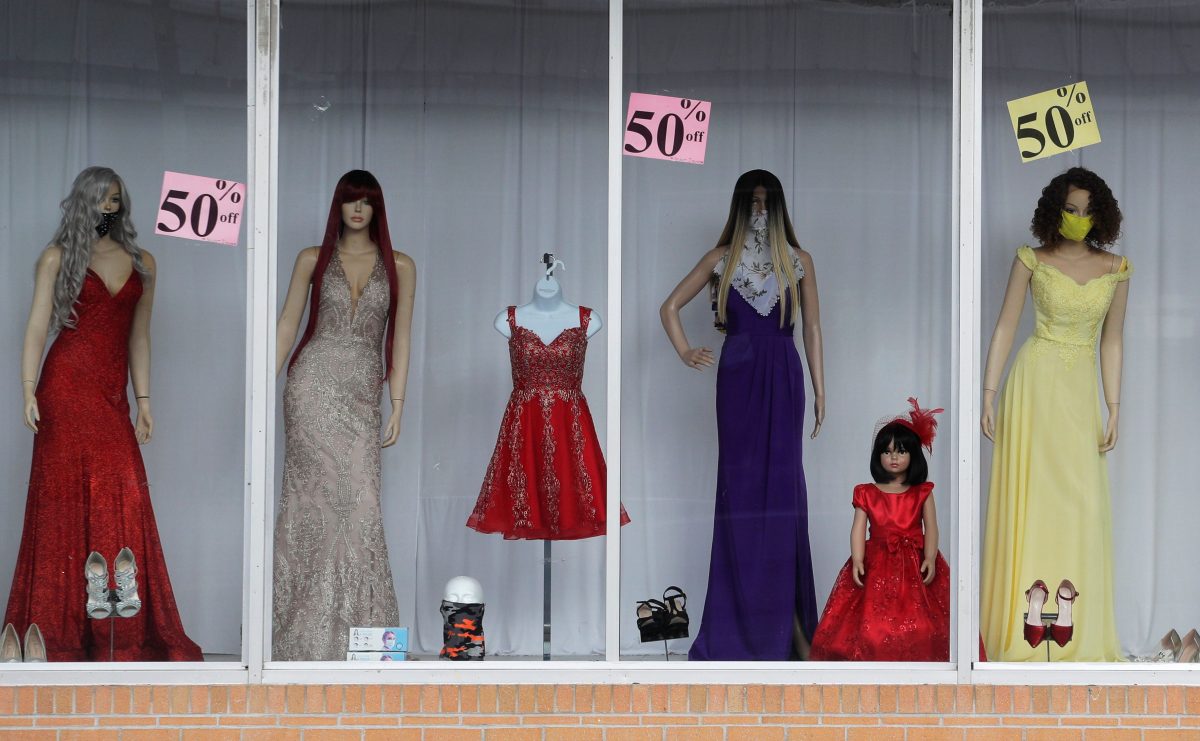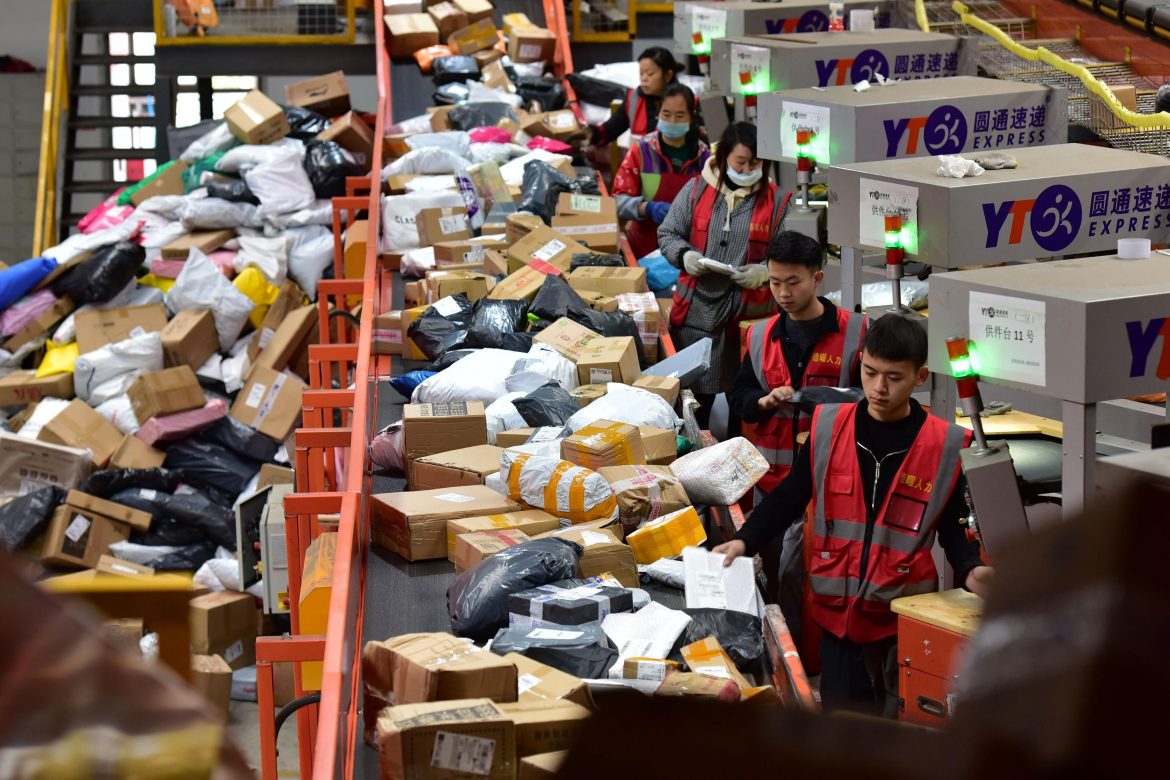It is all too easy to blame the consumers who buy fast fashion. But sadly, it costs to shop with good morals. Blame should be pointed towards fast fashion companies, which cause the environmental damage – not at those who need to buy cheaper clothes.
Nearly everyone is aware of how problematic fast fashion is, but when ethical shopping is located at independent or vintage stores where clothes are way above £20, for some this is not affordable. Buying habits cannot always reflect personal ethics.
Ethical and environmentally sustainable fashion brands are less likely to use sweatshops or child labour as they do not need to produce a vast number of products. However, they are able to do this because the price of their items is higher therefore demand is less important to them. It is only easy to switch to ethical shops when the difference between paying £5 for a dress or £50 for a dress has little meaning.
Krissy Evans at Mindless Mag said: “To solve the problem of fast fashion is not an easy task. Recently, buyers of fast fashion are receiving criticism from peers and across social media for their buying choices.
“A fine demonstration of this is the ridicule customers who queued for Primark received, during the first day it reopened. This ridiculing was undeserved. As consumers we should not feel guilt for buying what it is we can afford, which is the case for many people.”
Climate change has been a demanding issue for a while now. Greta Thunberg is the face of Extinction Rebellion and appears in many headlines, encouraging people to make a difference on environmental impact – clothing is a big area included in this.
Fast fashion involves making products at a low cost, being able to produce a vast amount of the same item, and stock constantly changing with fast moving fashion trends. It is said that worldwide 80 per cent of discarded textiles are thrown into landfill or incineration and only 20 per cent are actually reused or recycled. These daunting figures mean that clothing companies are just as threatening to the environment as air travel and the global meat industry.
Although the movement to change the fast fashion industry was created by environmental concern, it was also made by other problems – low wages, child labour and poor working conditions.
One scandal was Boohoo, which had allegedly been paying its factory workers in Leicester as little as £3.50 an hour, and did not provide sick pay or safety protections. Boohoo has promised to investigate and have labelled the alleged conditions as “totally unacceptable”.

Boohoo is owned by a billionaire family, and should be more than capable of paying its staff the correct wage – though if it did, it might not be able to provide £5 dresses. It now owns Pretty Little Thing (PLT), which recently came under criticism for its Black Friday deals, in which clothes were sold for as little as 20p due to a 99 per cent discount.
Fast fashion works on an unethical model, and it is not just Boohoo that is a culprit. Victoria Secret was exposed as using child labour in Burkina Faso to produce its cotton, for example.
Big companies should be shamed into changing the way they operate. As writer at Byline Times, Molly Greeves, said: “Until there is some awareness of the reasons the country relies on fast fashion, the elitism of the movement will drive people away.
“Being an activist should not allow anyone to look down on people for their cheap clothes, particularly when they are part of a movement that claims to be defending people from low-income backgrounds.”





